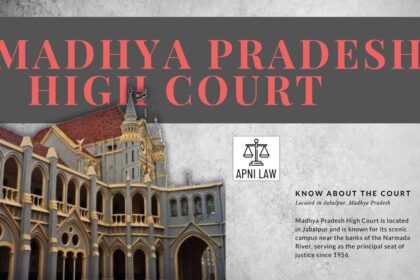Code:
- (1) Any police officer making an investigation under this Chapter, or any police
officer not below such rank as the State Government may, by general or special order,
prescribe in this behalf, acting on the requisition of such officer, may examine orally any
person supposed to be acquainted with the facts and circumstances of the case.
(2) Such person shall be bound to answer truly all questions relating to such case put
to him by such officer, other than questions the answers to which would have a tendency
to expose him to a criminal charge or to a penalty or forfeiture.
(3) The police officer may reduce into writing any statement made to him in the course
of an examination under this section; and if he does so, he shall make a separate and true
record of the statement of each such person whose statement he records:
Provided that statement made under this sub-section may also be recorded by
audio-video electronic means:
Provided further that the statement of a woman against whom an offence under
section 64, section 65, section 66, section 67, section 68, section 69, section 70, section 71, section 74, section 75, section 76, section 77, section 78, section 79 or section 124 of the
Bharatiya Nyaya Sanhita, 2023 is alleged to have been committed or attempted, shall be
recorded, by a woman police officer or any woman officer.
Explanation:
This section deals with the power of police officers to examine individuals during an investigation. It outlines the circumstances under which a police officer can compel a person to answer questions related to a case.
Key Provisions: Examination Of Witnesses By Police
- Any investigating police officer or an officer of a higher rank designated by the State Government can examine a person believed to have knowledge about a case.
- The person being examined is legally obligated to answer all questions truthfully, except those whose answers might expose them to a criminal charge, penalty, or forfeiture.
- The police officer can record the statements made during the examination in writing or through audio-video electronic means.
- In cases where a woman is accused of certain offenses related to sexual assault (Sections 64 to 78 of the Bharatiya Nyaya Sanhita, 2023), her statement must be recorded by a woman police officer or any woman officer.
Illustration:
Imagine a theft case. The police officer investigating the case believes that a neighbor saw something suspicious. The police officer can summon the neighbor and question them about the incident. The neighbor is obligated to answer all questions truthfully except those that could potentially expose them to a criminal charge.
Common Questions and Answers:
Q: Can the police compel me to answer questions if I am a suspect?
A: Yes, but you are not obligated to answer questions that could incriminate you (expose you to a criminal charge).
Q: Can the police record my statement without my consent?
A: Yes, they can record your statement in writing or through audio-video means during the examination.
Q: What if I am a woman accused of sexual assault?
A: Your statement must be recorded by a woman police officer or any woman officer.








